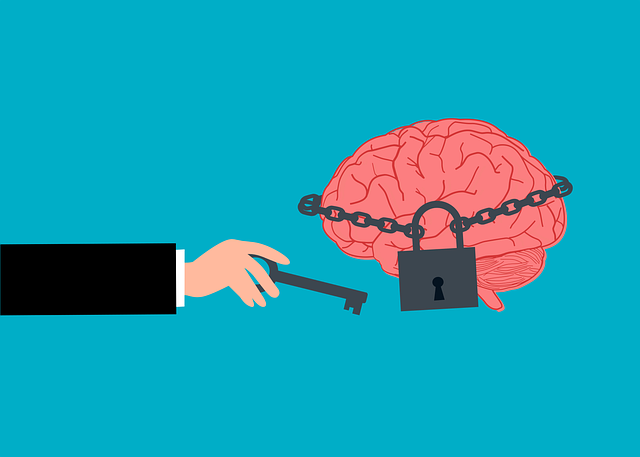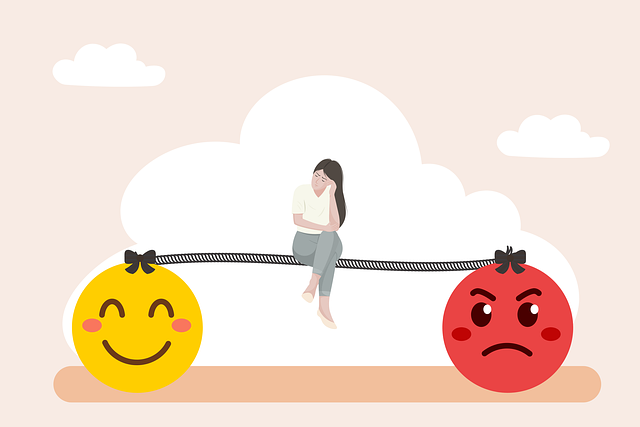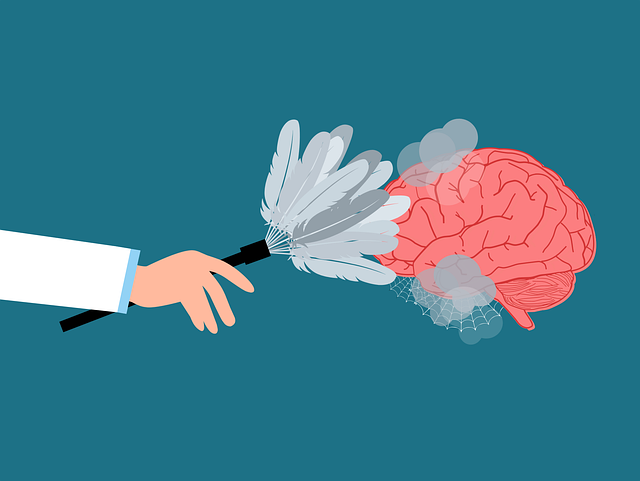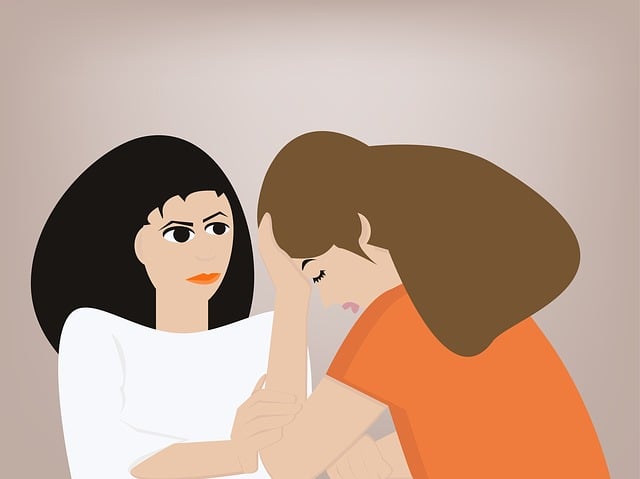Self-care, especially tailored therapy for French-speaking children, is crucial for managing stress, anxiety, and emotional challenges, enhancing mental health outcomes. Culturally competent healthcare providers facilitate this through workshops focused on coping mechanisms and mental wellness journaling. Engaging in French-speaking therapy offers a comfortable space for self-reflection, fostering emotional liberation and inner strength development. Teaching children practical strategies like mindfulness and physical activity empowers them to recognize and meet their emotional needs, benefiting French-speaking kids with unique linguistic and cultural approaches.
Self-care is an essential aspect of overall well-being, and it’s crucial to instill these practices in children from a young age. This article explores the significance of self-care for kids and offers unique strategies to enhance their well-being. We delve into how incorporating French-speaking therapy can be a powerful tool, providing a cultural touch to self-care routines. With practical tips tailored for parents and caregivers, this guide aims to empower you to nurture your child’s mental health and help them develop lifelong self-care habits.
- Understanding the Importance of Self-Care for Children
- Incorporating French-Speaking Therapy into Self-Care Routines
- Practical Tips to Enhance Self-Care Practices for Kids
Understanding the Importance of Self-Care for Children

Self-care isn’t just for adults; it’s a vital practice for children’s overall well-being and development. Understanding the importance of self-care for young individuals can significantly impact their mental health and ability to navigate life’s challenges. Children, like adults, experience stress, anxiety, and various emotional ups and downs, making self-care strategies essential to foster resilience and healthy coping mechanisms.
Integrating mind over matter principles in children’s lives can be transformative. Therapy for French-speaking children, tailored to their cultural needs, plays a crucial role. Stress management workshops specifically designed for kids, along with healthcare provider training in cultural competency, create an environment where self-care becomes a fun and accessible part of their routine. These initiatives empower children to take charge of their emotional well-being, promoting better mental health outcomes.
Incorporating French-Speaking Therapy into Self-Care Routines

Incorporating French-speaking therapy into your self-care routine can be a transformative experience, especially for those seeking support in their emotional healing processes. Many individuals, particularly children, benefit from therapy that resonates with their linguistic and cultural background. French-speaking therapists offer a unique perspective that facilitates deeper connections and understanding. By engaging in this form of therapy, you’re not just receiving treatment; you’re embracing a journey towards inner strength development.
This approach can provide tailored guidance for mental wellness journaling exercises, making it an accessible tool for self-reflection and personal growth. The comfort of speaking in French allows individuals to freely express their thoughts and feelings, fostering an environment conducive to emotional liberation. Whether you’re looking to enhance your mental wellness or simply incorporate a new dimension into your self-care practices, French-speaking therapy offers a compelling avenue for exploring and nurturing your inner strength.
Practical Tips to Enhance Self-Care Practices for Kids

Teaching children about self-care is an essential aspect of their overall well-being and can have a lasting impact on their mental health. It’s never too early to start incorporating healthy habits into their daily routines. Here are some practical tips for parents and caregivers to enhance self-care practices in kids, especially those who may benefit from French-speaking therapy:
1. Incorporate Mindfulness: Encourage children to be present by practicing mindfulness activities like deep breathing exercises or guided meditations tailored for kids. These techniques help them learn to manage stress and anxiety. Simple moments of mindfulness during mealtimes or before bed can make a difference, allowing children to become more aware of their feelings and needs.
2. Promote Physical Activity: Regular exercise is a powerful self-care tool. Suggest age-appropriate activities like playing outdoors, joining a sports team, or even simple household chores as a fun way to stay active. Physical movement releases endorphins, which can boost mood and energy levels, thereby preventing burnout. This is especially important for healthcare providers who may employ burnout prevention strategies, as caring for others can be demanding.
Incorporating self-care practices is essential for children’s overall well-being, and tailoring these routines to suit individual needs can be transformative. By understanding the importance of self-care specifically for children and implementing practical tips, parents and caregivers can empower kids to develop healthy habits that will serve them throughout their lives. Additionally, integrating French-speaking therapy into self-care routines can offer a unique and accessible approach, especially for families who value bilingualism. This holistic approach ensures children receive the support they need to thrive, both emotionally and mentally.














